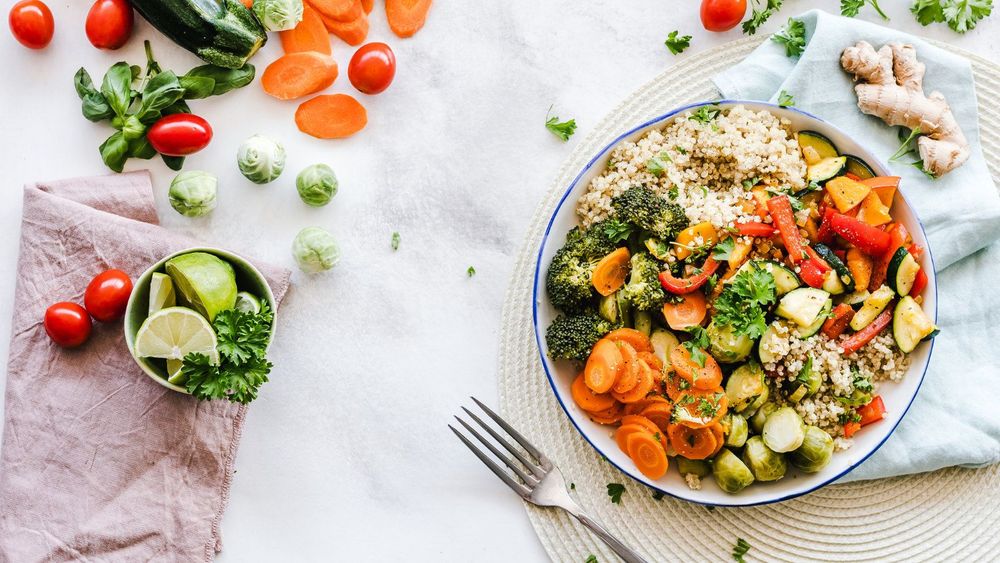Do I have to be healthy to be vegan?
Do we need to be healthy to be vegan? In short, no, we don’t. A healthy and balanced diet should, advisably, always be advocated for and implemented to the best of one’s ability, but being vegan is not synonymous with being healthy. To say that all vegans are unified by health consciousness seems to reduce the complexity of what it means to be vegan.
After all, what does it even mean to be healthy? Can anyone truly say that they know how to be one hundred percent healthy, whether vegan, or non vegan? It is useful to consider what is meant when the words healthy and unhealthy are used, after all, health is as much about the body, as it is our mind and soul. That being said, a common assumption is that all vegans must be one of two very different oppositions: physically healthy or physically unhealthy.
To say that all vegans are either super health conscious exclusively eating whole foods, or only eating processed, expensive, prepackaged vegan ‘junk food’ every day, is making a wide assumption, as in reality, for many, it may be a mix of both. Besides, vegan ‘junk food’ is by no means a disservice to veganism. Many popular vegan brands have introduced healthy vegan alternatives that are incredibly ‘real’ to pre-loved classics, and are attractive to transitioning vegans because of how accessible they are to buy. Additionally, who can resist a hearty, nutrient-dense, whole foods-based meal?
There are many incredible and credible health benefits to going vegan, even if health isn’t your main motivator. In 2021, UK health service Medichecks undertook a ‘veganalysis’ that involved the comparison of over 10,000 Medicheck customers' key biomarkers. Amongst the data collected, it was found that “the average HbA1c levels were almost 4% lower in vegans.”
HbA1c refers to the body’s blood sugar count, and its ability to control glucose levels, which if high, can lead to the development of diabetes complications. It was also revealed that vegans had lower total cholesterol levels than non-vegans, meaning there was a decreased chance of developing cardiovascular diseases, such as stroke and heart disease.
Although health benefits such as these are fantastic, they are often considered to be much welcomed by-products of the refusal to contribute to animal cruelty. This refusal and the prioritisation of animal rights is central to veganism as a whole. Veganism, for many, is considered to be a lifestyle as opposed to a diet, with animal rights ethics and environmental concerns outweighing the health benefits of eating vegan food.
A vegan diet is an integral part of the vegan lifestyle, but this lifestyle encompasses so much more than just the food on one’s plate. Lifestyle recognises the self-identification of veganism as a big part of a person’s identity, clothing, language use, politics and everyday choices.
Lifestyle proceeds diet
Vegans are multifaceted, complex individuals who all practice veganism very differently, and for many reasons. Simply put - any reason that someone decides to go vegan is a good one. It might not be related to ethics or health, and that’s perfectly fine. Other reasons might include, but are not limited to, the environment, taste preferences, or maybe food aversions/allergies.
You do not have to eat vegan to justify that your diet is healthy or that you eat what is ‘right.’ Every individual is different and has their own reason for being vegan.
If you are interested in the connections between health and veganism you should also check our articles about the benefits of tofu and 7 esteemed plant based doctors to follow.
